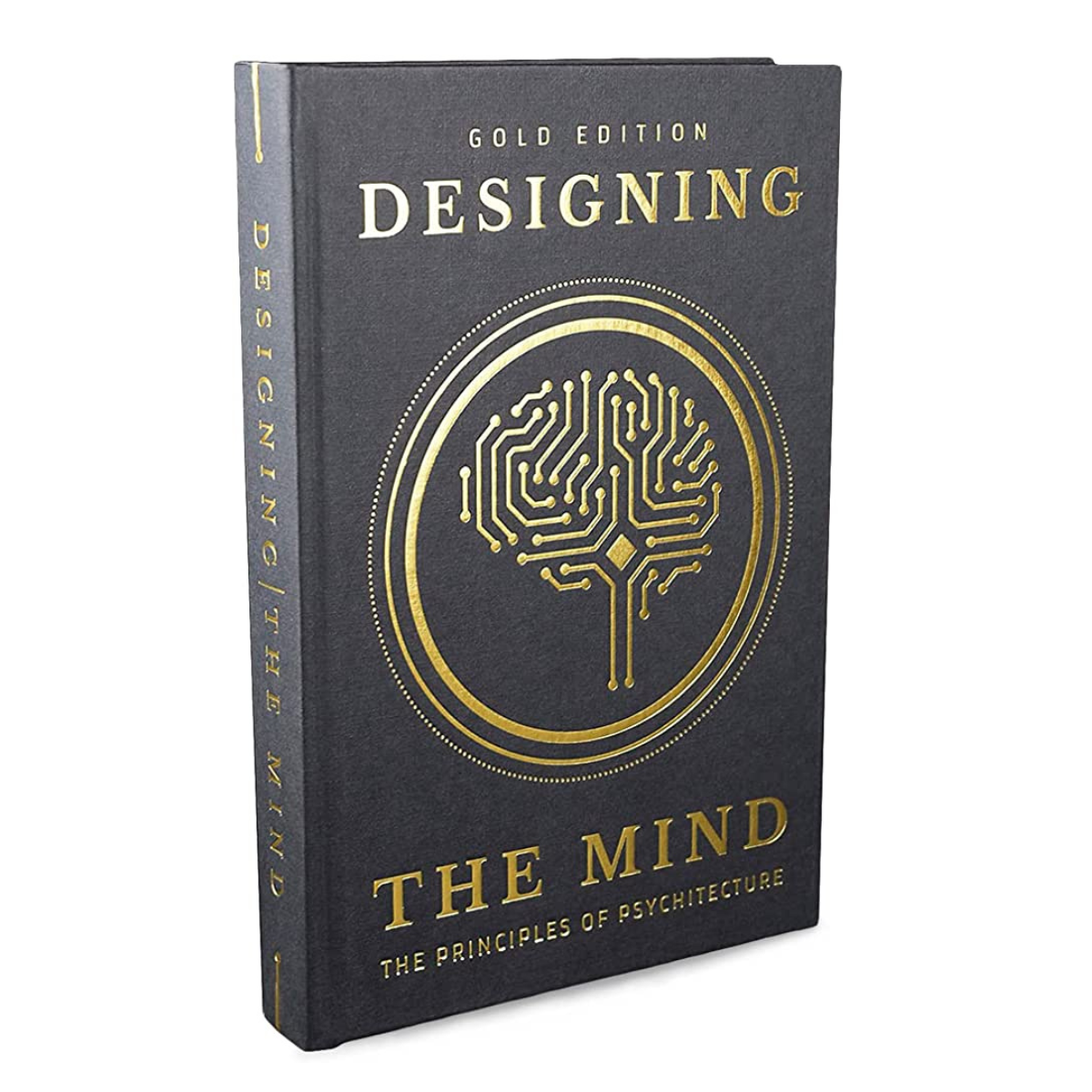
“In another universe, another you also wonders if the multiverse theory is true.”
― Rajesh
Anyone familiar with the Marvel comic universe (or a Disney+ subscriber) will no doubt be aware of the Marvel “What if…?” series of stories that play on the multiverse theory, and with it the idea that there are an infinite number of alternate realities that exist for all the super-hero characters we might know and love.
Extending that same idea, let’s meet a character called Steven [if your name is Steven, this story isn’t about you!]. He’s a great storyteller and has always been a very creative and artistic person. In one version of his reality, Steven goes to work for a large corporation, where he eventually finds himself in a marketing position. In time he makes quite a name for himself amongst his fellow sales and marketing colleagues as THE go-to person for great presentations, and he progressively carves out a niche by combining his powerful narrative style with his eye for visually engaging images to produce really great slide decks for his peers. Steven begins to feel a little frustrated and stuck in the role of ‘slide-guy’ and, while he knows he’s using his strengths to do something he’s good at, he can’t quite shake the nagging feeling that he could be doing more.
In our version of reality, however, Steven – or to give him his full name, Steven Spielberg – is one of the greatest storytellers of his generation, combining his powerful narrative style with his eye for visually engaging images to produce Oscar-winning movies that transfix audiences all over the world.
What’s the difference between the two Stevens? Well, while we might get caught in the endless speculation as to the origin of how these two versions of Steven’s reality differ, let’s assume that some combination of circumstance and choice led one to get stuck in a career rut and the other to become a living legend. As Marvel might say, “What if…Steven Spielberg had chosen to settle for something he’s good at but does not find very fulfilling or impactful?”
Now, the multi-verse principle doesn’t just apply to super-heroes and famous directors, so let’s play a little game of “What if…” for you:
“What if… recognized the difference between their strengths and what they’re simply good at doing?”
“What if… chose to further develop those strengths to unlock even more of their potential and to become the very best version of themselves?”
“What if… went on to increase their impact and influence in the world in ways that they could never have imagined possible when they read this email?”
According to the multiverse principle, one year from today there will be a version of reality in which you went on to do all of those things. And, just as was the case for Steven Spielberg, there will also be a version where you didn’t.
This week’s inquiry…
What do you want your version of reality to be like?
Dive Deeper…
If we truly grasped the extent to which our brains actually create our reality, we might feel more courageous in the lives we choose for ourselves. In this fascinating TED talk with neuroscientist Anil Seth, learn how billions of neurons in your brain are working together to generate a conscious experience.
“The brain doesn’t hear sounds or see lights. What we perceive is it’s best guess of what’s out there in the world.”
Interested in learning more about the science and philosophy to better control and understand your own mind? Designing the Mind is part philosophical manifesto, part practical self-development guide, all based on the teachings of legendary thinkers like Marcus Aurelius, Lao Tzu, Friedrich Nietzsche, and Abraham Maslow. The ideas and techniques it offers are all integrated into a vital theory for helping individuals scale the heights of self-mastery and lead great lives.


